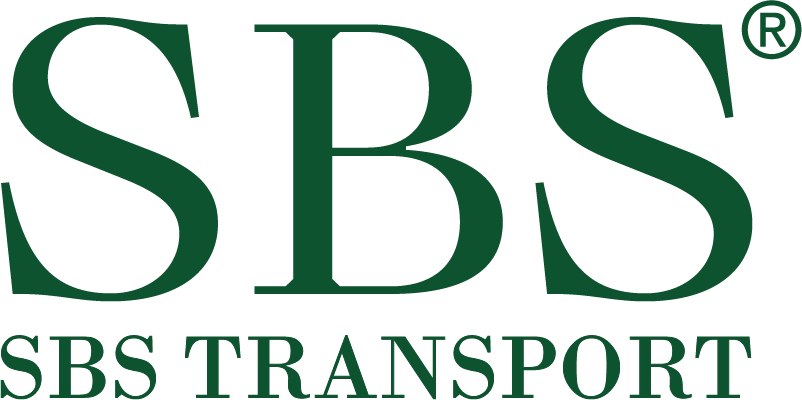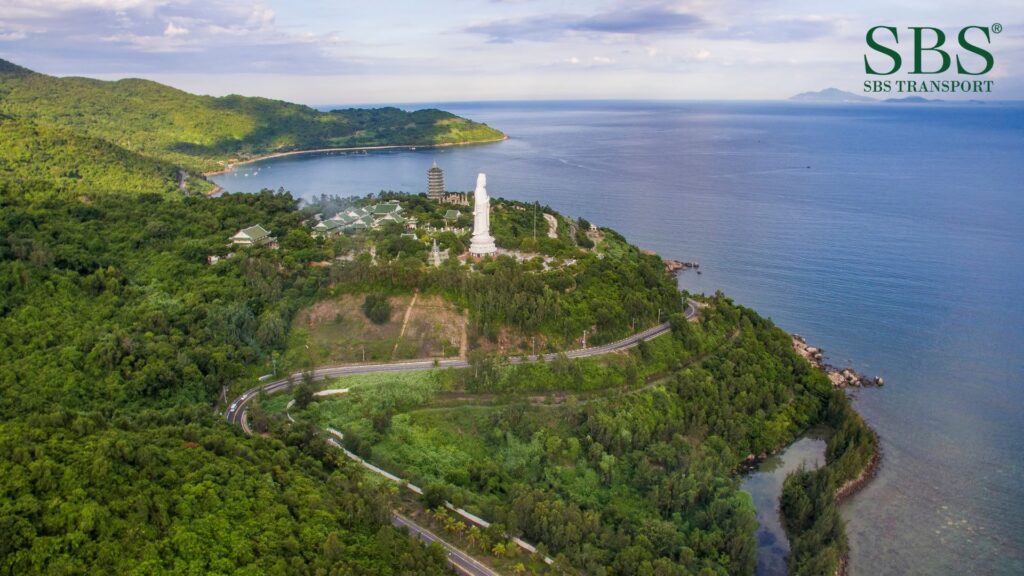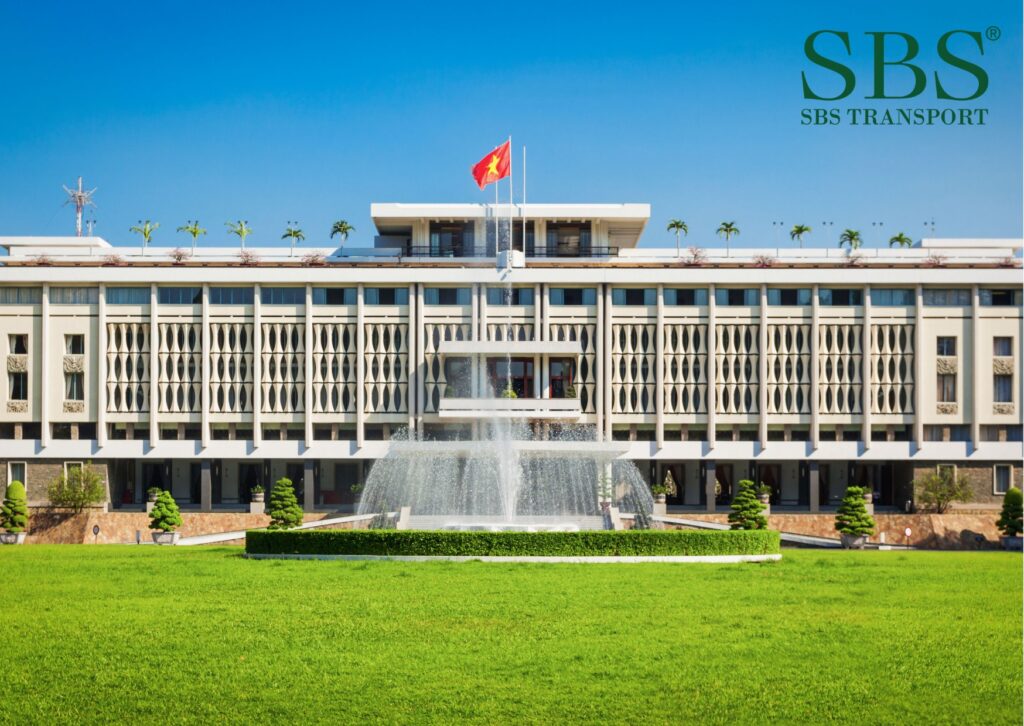The Songkran Festival, also known as Songkran Day, is one of the three major festivals in Asia according to the International Festivals and Events Association (IFEA), alongside China’s International Snow and Ice Sculpture Festival in Harbin and South Korea’s Boryeong Mud Festival. It is considered a deeply spiritual traditional holiday in the Land of the Golden Temples, attracting millions of tourists to participate each year. Let’s delve into the significance and lesser-known aspects of this festival with SBS!
Origin of the Songkran Festival
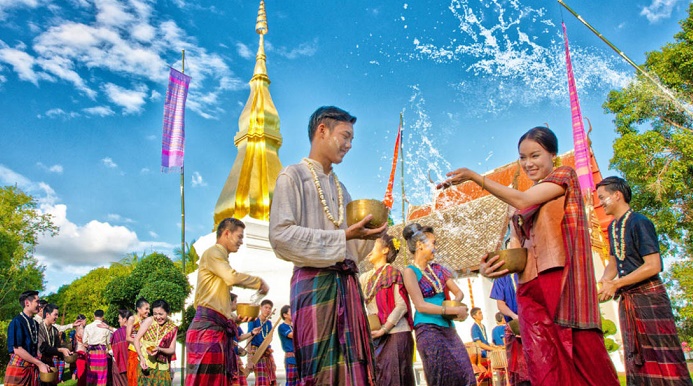
The term “Songkran” originates from ancient Pali, meaning “astrological passage,” describing the movement of the sun through the zodiacs. In April, when the sun moves from Aries to Taurus, known as Maha Songkran or Great Songkran, it marks the Thai New Year.
This festival may have its roots in the spring festival of Hinduism, commemorating the new harvest season in ancient India. Similar to Myanmar’s Thingyan Water Festival and Cambodia’s Chaul Chnam Thmay, Thailand’s Songkran embodies the essence of purification, washing away the impurities of the past year, and welcoming a bright new year.
When does the Songkran Water Festival take place?
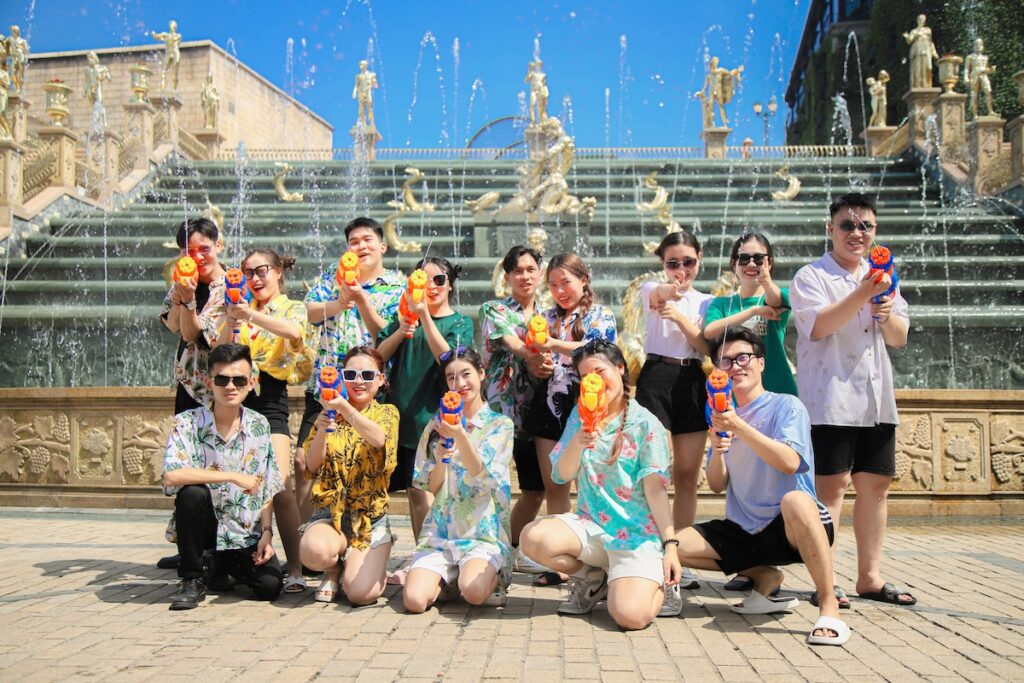
The Songkran Festival, also known as the Water Festival, is one of Thailand’s biggest cultural events, occurring from April 13th to 15th every year, but often extending longer in many areas.
- On the first day (Wan Sungkharn Long), people engage in cleaning their homes and public areas, removing any misfortunes from the old year. Another significant ritual is Song Nam Phra, where people pour scented water onto Buddha statues in temples.
- On the second day (Wan Nao), similar to the traditional Vietnamese Tet holiday, people wake up early to bring offerings to temples and perform the Rod Nam Dum Hua ceremony, expressing reverence and seeking forgiveness.
- Moving on to the third day (Wan Payawan), the first day of the new year, people dress in their finest attire, visit temples, and partake in various special rituals such as bathing Buddha statues. This day also marks the official start of the Songkran Water Festival.
Typical Areas Organizing the Songkran Festival
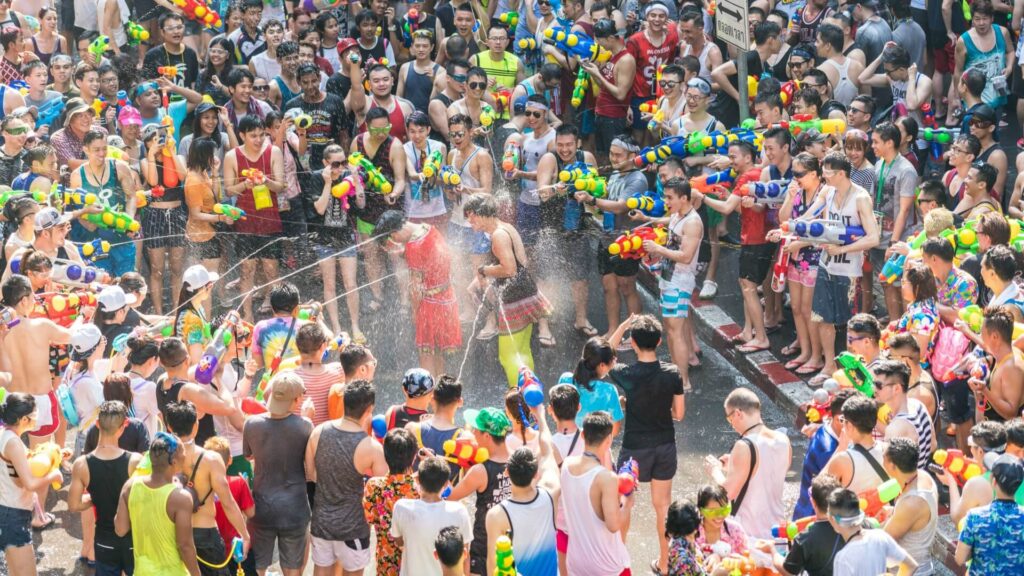
- Bangkok: The capital city of Thailand, bustling with festivities in the Banglamphu and Khao San Road areas.
- Pattaya: Here, you can join water fights on the beach and enjoy music events at Walking Street.
- Phuket: With the Songkran Water Festival at Patong Beach and Soi Bangla, visitors can immerse themselves in various activities at the pier and Loma Park.
- Chiang Mai: The ancient city offers a Buddhist cultural experience and street art performances at Tha Phae Gate.
- Hua Hin: Hosting the Songkran Water Festival on Naresdamri Road, providing a unique experience for those visiting the Southern region of Thailand.
Things to Note for Tourists Participating in the Songkran Water Festival
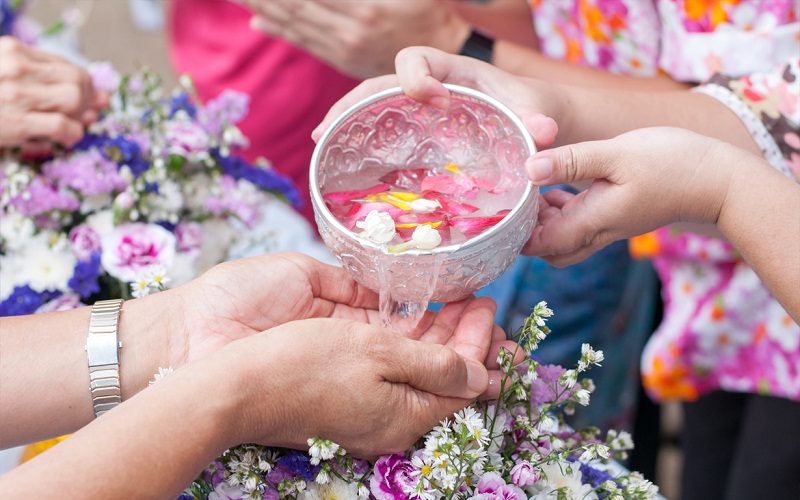
- When joining the Songkran Water Festival, SBS advises you to equip yourself with items such as water guns, waterproof bags, and sunscreen. Opt for comfortable clothing like t-shirts and dark-colored shorts, paired with non-slip shoes.
- Learn some Thai phrases to communicate with locals, such as:
- Sawasdee Pee Mai: Happy New Year
- Sàat-nám (saat nam): Water splash
- Mâi lên nám-kɛ̌ng (mai len nam keng): Please don’t use cold water
- Mâi lên bpɛ̂ɛng (mai len peng): Please don’t use powder
- Kᴐ̌ᴐ-tôot kráp (kho thot khap), mâi lên kráp (mai len): Sorry, I don’t want to join (male)
- Kᴐ̌ᴐ-tôot kâ (kho thot ka), mâi lên kâ (mai len ka): Sorry, I don’t want to join (female)
- Use public transportation when traveling to festival areas and be cautious of pickpockets due to the crowded atmosphere.
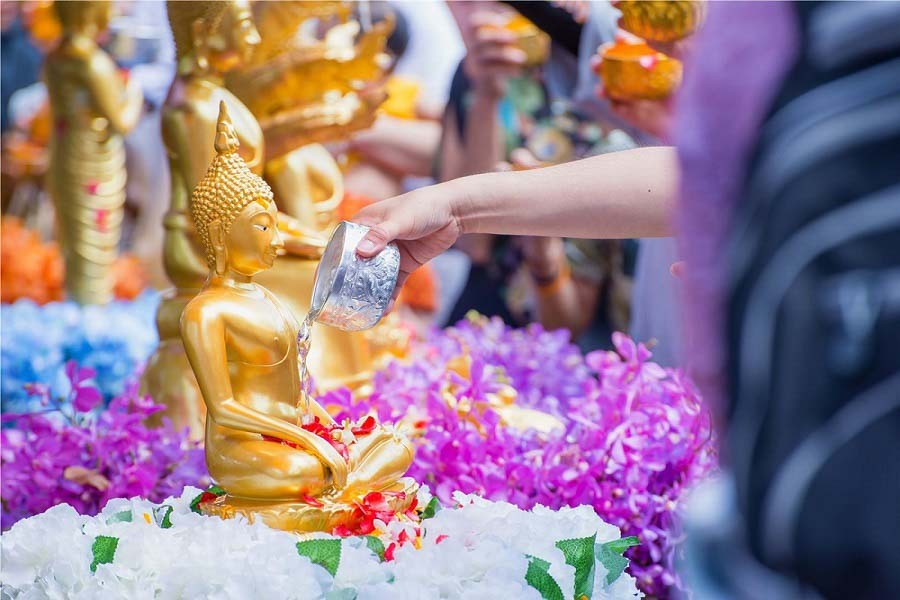
Here are some things SBS advises you not to do when participating in the festival:
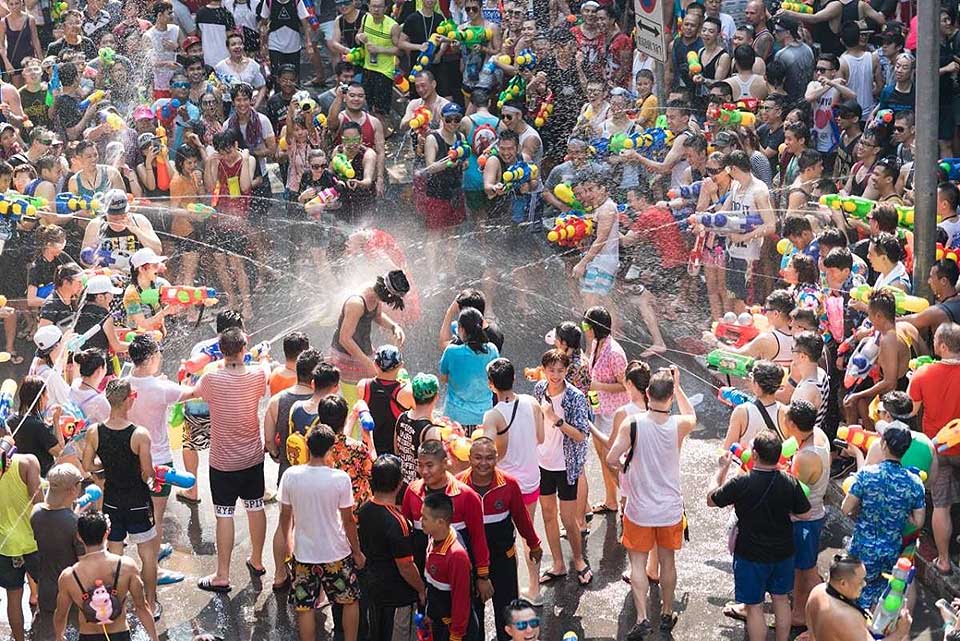
- Absolutely refrain from splashing water on monks, children, and the elderly. If permitted, use jasmine water to sprinkle instead.
- Avoid walking on the streets, especially in downtown areas if you don’t want to get wet.
- Show joyfulness and respect when being splashed with water. It’s a tradition to express good luck and peace wishes in Thai culture, so embrace and respect it!
With this guide, SBS hopes it will help you enjoy the festival to the fullest!
